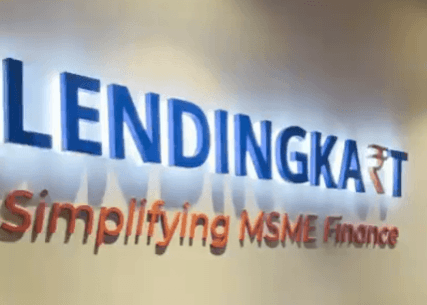GREATER NOIDA: Birla Institute of Management Technology (BIMTECH), one of India’s leading business schools, proudly introduces its futuristic blockchain-based digital currency, ‘BIMCOIN.’ Specifically designed for BIMTECH’s ecosystem, BIMCOIN facilitates secure, transparent, and instant transactions among students, vendors, and administrators through a permissioned blockchain platform. Following IIT Madras, BIMTECH becomes India’s first business management institute to launch BIMCOIN—ushering fintech innovation in education. BIMTECH and Kalp Decentra Foundation joined forces to launch a cutting-edge Blockchain Learning Centre on campus.
Walking on the path towards the Viksit Bharat 2047 initiative draws inspiration from the Central Bank Digital Currency (CBDC) model and the growing need to merge blockchain technology into real-world plots. Unlike traditional systems, BIMCOIN operates on a blockchain, offering decentralization, transparency, and programmable features like smart contracts.
BIMCOIN streamlines payments promotes transparency, and introduces advanced financial tools, ensuring enhanced security, fraud protection, and ethical practices. More than a payment solution, BIMCOIN serves as an educational tool, providing students with hands-on experience in blockchain technology, digital currencies, and real-world financial systems.
Dr. Prabina Rajib, Director, Bof IMTECH, said, “BIMCOIN is more than a payment solution, it is an educational instrument that facilitates our students with practical experience in blockchain technology and digital currencies, shaping their readiness for careers in fintech. This is a significant step in nurturing a culture of innovation and preparing future leaders to thrive in a digital economy. Aligning with Digital India Vision, the digital money leverages permissioned technology with advanced encryption, strict access controls, and data privacy protocols, ensuring the highest security standards.”
The pilot phase was a remarkable success, completing over 1,100 seamless transactions. Challenges, such as technical integration and user onboarding, were addressed through iterative testing and user training. The next phase includes additional rounds of close-net testing before campus-wide implementation. BIMTECH also plans to incorporate this technology into its academic syllabus through courses on blockchain, fintech, and digital innovation, further reinforcing its commitment to advancing education in financial technologies.
Inspired by its founders Late Basant Kumar Birla and Sarala Birla, BIMTECH pioneered innovative programs like PGDM, PGDM-International Business (IB), PGDM-Retail Management (RM), and PGDM-Insurance Business Management (IBM), nurturing individuals into global leaders. Also, BIMTECH is now AACSB accredited, joining the Ivy League of Top Globally Recognized B-Schools. Fostering a symbiotic relationship, the institute excels in management education, supported by its globally placed robust alumni network of over 8000 individuals.















